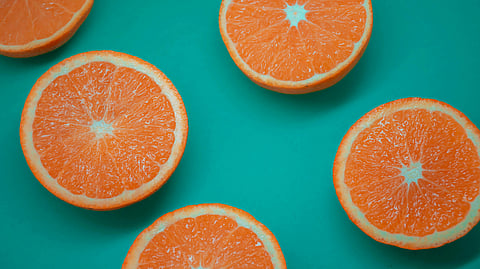With the increase in awareness about mental health and its treatment over the years, the number of people seeking solutions to take charge of their mental well-being has also increased. Globally, over 280 million people are diagnosed with depression, and nearly 70% of them fail to respond to conventional antidepressant treatments or develop undesirable side effects. Diet is also considered a possible method for the prevention and management of depression. With a lot of people seeking alternatives to take care of their mental health, a recent study that investigated the effects of diet on health has found that eating citrus fruits like oranges can lower the risk of depression by 20%.[1]
The Diet and Depression Relationship
Previous studies have found that gut bacteria may be involved in the development of depression, and the interaction between the type of food and the gut microbiome is not very clear. This long-term study conducted by Harvard Medical School and Massachusetts General Hospital has provided new insights and explained how citrus fruit intake can influence gut bacteria that may be linked to depression.
Citrus Fruit Consumption and Mood Regulation
The study published in the BMC Microbiome journal has demonstrated that consuming citrus fruits like oranges, grapefruits, or their juices was associated with changes in the abundance of 15 different gut bacteria, mainly Faecalibacterium prausnitzii. This particular bacterium was found in abundance in individuals who consumed citrus fruits as well as in those who were not depressed. These bacteria, when present in lesser quantities, do not sufficiently produce S-adenosyl-L-methionine (SAM), which in turn affects the synthesis of neurotransmitters dopamine and serotonin, the hormones responsible for regulating mood. These findings suggest that gut bacteria can help in guiding dietary changes to prevent depression.


